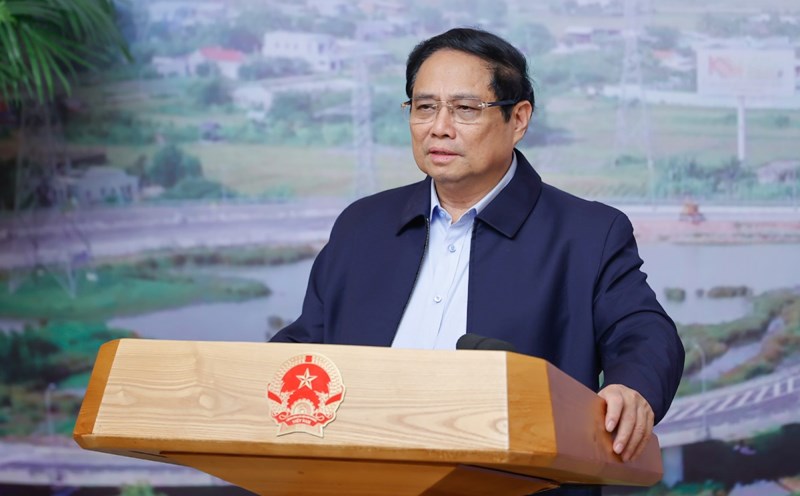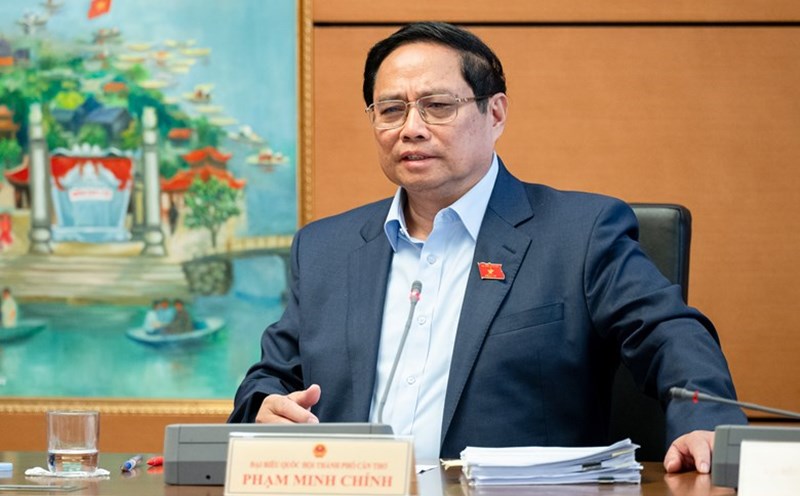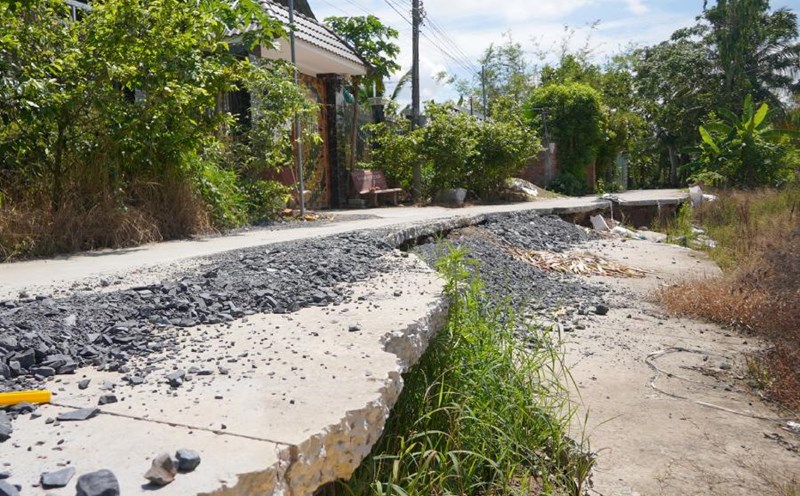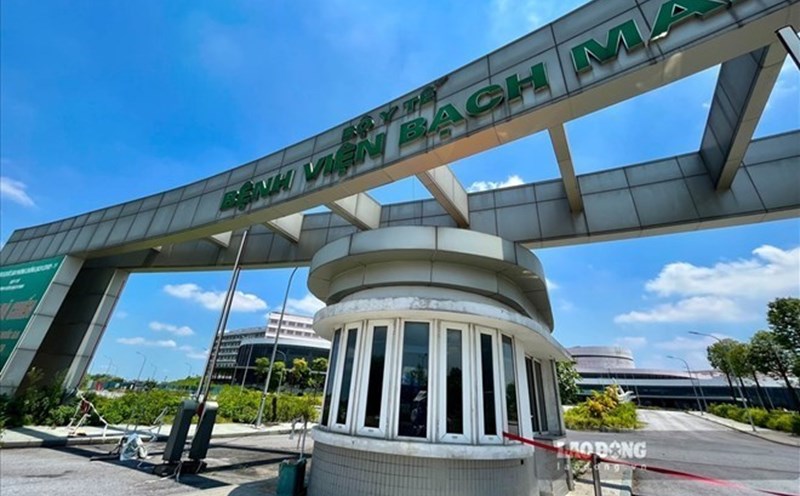On the afternoon of May 23, the National Assembly discussed in the hall on the Law on Amending and Supplementing a number of articles of the Bidding Law; Law on Investment by the method of public -private partnership; Customs Law; Law on Export and Import Tax; Investment Law; Law on Public Investment; Law on management and use of public assets.
Regarding the Bidding Law project, delegate Pham Van Hoa (Dong Thap delegation) was interested in the regulation allowing investors and competent authorities to base on the scale, nature, and actual conditions of each bidding package and project to select and apply forms of contractor selection.
Agreeing with this regulation, the delegate emphasized that it is necessary to prevent collusion between investors and project owners to cause damage to the state budget. Because in reality, many localities have recently been involved in the legal battle over this issue.
Regarding bidding, the draft law assigns the Government to regulate cases of applying the form of bidding to increase proactiveness. The delegate emphasized the urgency of designing bids with reduced prices.
The delegate cited that in the past, in some places, there was only one contractor who had won dozens of projects in a row for several years. Although there are many bidding organizations, only one winning contractor has a very low discount, below 1%, so it will not be effective for the State.
From this evidence, the delegate suggested that this is a point of concern in organizing bidding ineffectively, causing waste of time and cost, except for the case of connection between the investor and the contractor in the past.
Therefore, delegates said that it is necessary to appoint a contractor with discounts, the quality of the work is guaranteed and responsible for the appointment of bidding. At that time, it will not waste time and money of the State and the people.
Regarding the approval of bids for construction packages, the delegate said that recently, there have been many cases of organizing construction auctions and bidding for construction material yards that have been abandoned, with prices hundreds of times higher.
However, there should be more drastic and strict sanctions for cases where the bid is accepted but then canceled. Although this issue has been addressed in the past, it needs to be further strengthened, and it can be absolutely banned for several years from participating in other bidding packages. Only then will they be afraid, not dare, and not want to do it.
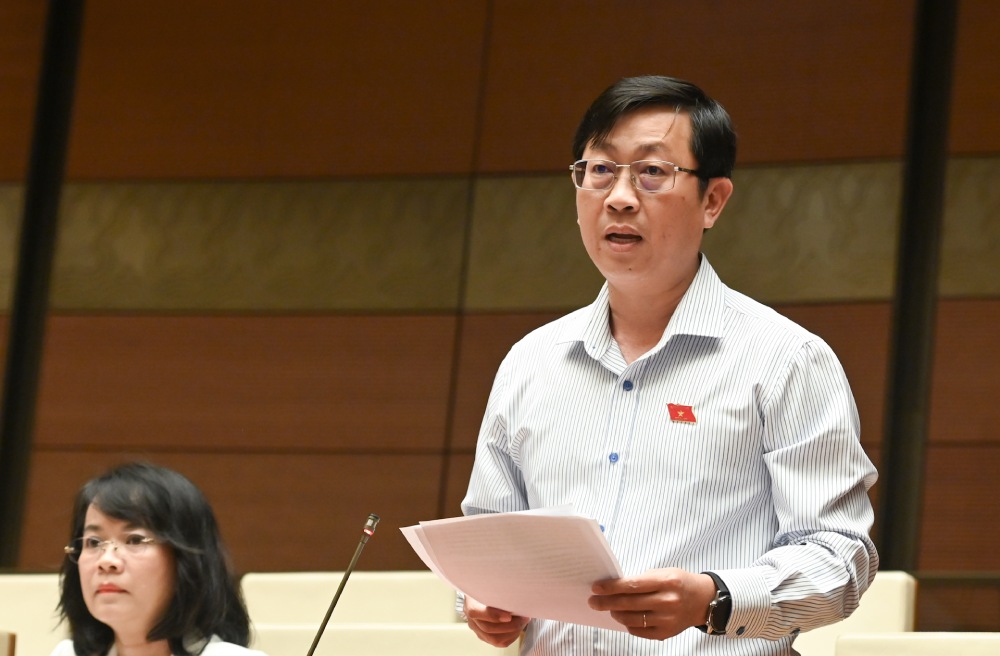
Regarding the scope of application and contractor selection, delegate Nguyen Huu Thong (Binh Thuan Delegation) said that the draft law has been expanded in the direction of giving shopping decision-making rights to business organizations.
According to the delegate, this regulation is not really consistent with the cases where bidding is applied, leading to difficulties in practical implementation. Because if the organization can decide to purchase itself, does it need to apply bidding regulations or not?
Therefore, it is necessary to stipulate more clearly the limitation between purchasing autonomy and compulsory bidding cases. In particular, there must be clear qualitative criteria for which packages are required to apply this law.
Regarding the forms of contractor selection, the delegate said that the draft has added additional forms of bidding designation and retained many traditional forms of bidding (open bidding, limited bidding, offering competitive goods...).
"This makes the regulations complicated in determining what is special and what is a reasonable designation. This could create a legal gap that could be easily exploited to legalize the appointment of bids," said the delegate.
From the above argument, the delegate suggested reviewing the entire system of forms of contractor selection, reducing unnecessary forms of interms.


